The first mention of detained espionage suspect Istvan Hollo came from Fidesz parliamentary group leader Mate Kocsis after Tuesday’s meeting of the National Security Committee. He stated that the Ukrainian citizen maintained direct contact with a former senior leader of Hungary’s defense sector. The two had discussed Hungary’s defense industry and military stockpiles in a context closely tied to Ukraine’s weapons and ammunition needs.
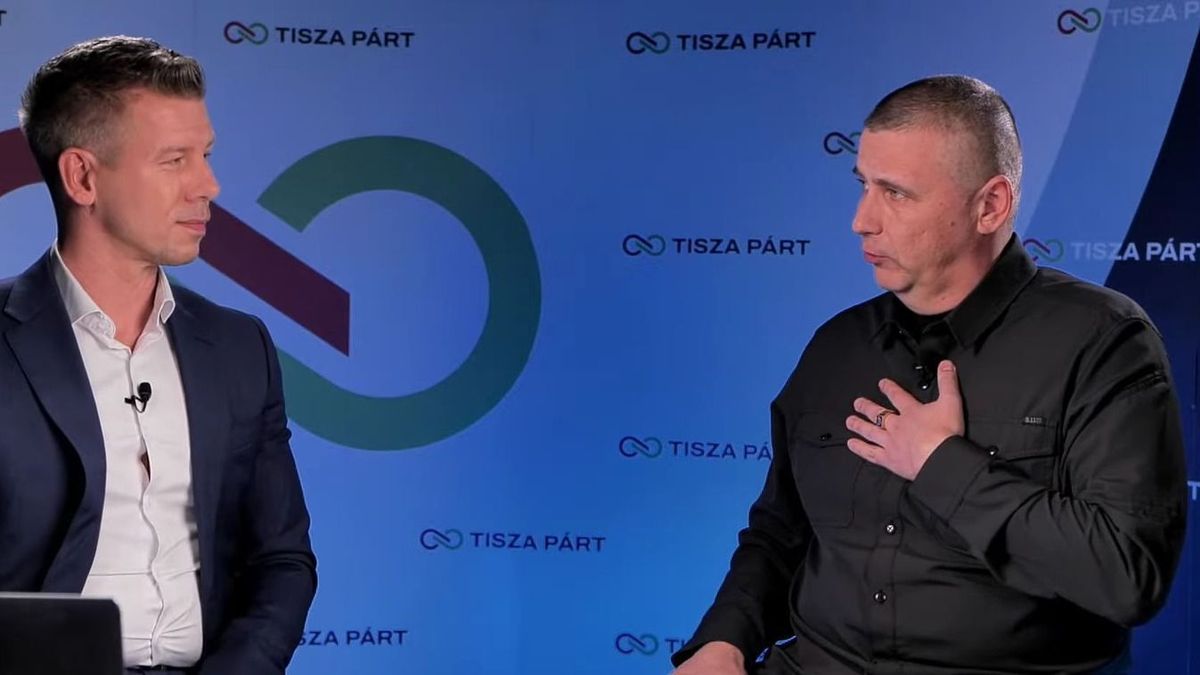
Kocsis added that during his activities in Hungary, the man, in cooperation with Ukrainian military intelligence, engaged in active intelligence gathering on Hungarian army and energy systems. He emphasized that several relevant individuals from Ukrainian intelligence, the Hungarian military, and the energy sector were identified in his network.
The Ruszin-Szendi–Weber–Hollo Axis
As a result of our investigations and background discussions, it became clear that the former high-ranking military officer mentioned by Mate Kocsis was none other than former Chief of General Staff Romulusz Ruszin-Szendi, now an expert for the Tisza Party. It was also confirmed that Istvan Hollo - now under arrest, as well as Roland Tseber, who had been expelled from Hungary for espionage—played significant roles in Ukraine's efforts to exert influence within Hungary. The case also involves a major player in the arms business: billionaire Hungarian entrepreneur Janos Weber.
Of note about Weber: media reports and company records describe him as a staunch left-wing billionaire. Born in 1956, he served in the counter-terrorism police unit before becoming an entrepreneur.
He amassed significant wealth from weapons manufacturing, though he has since wound down most of his domestic ventures. According to our sources, he remains active in Western Europe. His best-known company was Combat Trade Kft., which he left in 2010. Weber has long-standing ties to the Hungarian Socialist Party (MSZP), most notably as a childhood friend of powerful party treasurer Laszlo Puch.
Now, for a look at developments surrounding former Chief of General Staff Romulusz Ruszin-Szendi, currently expert advisor to the Tisza Party

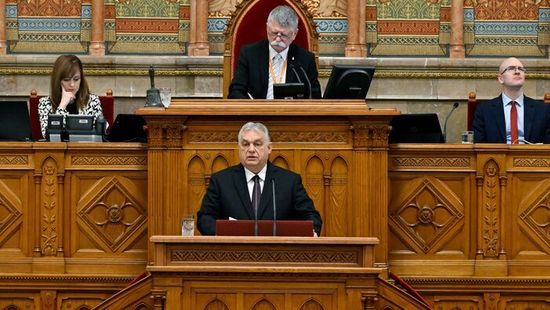

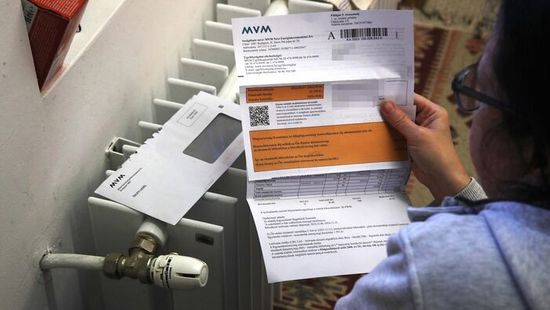
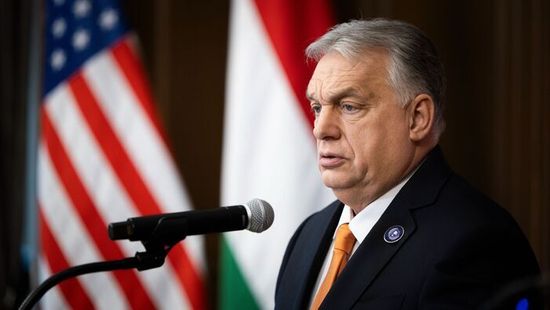

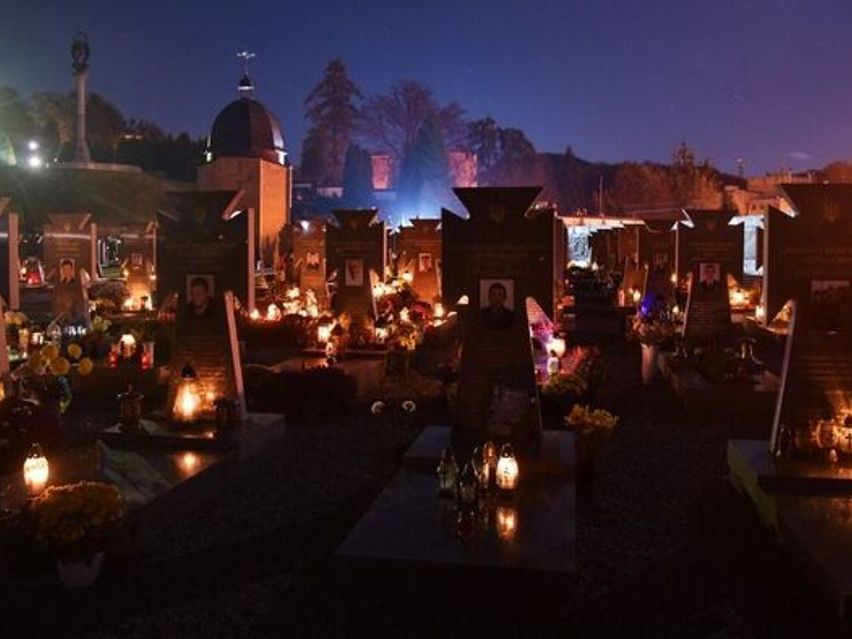
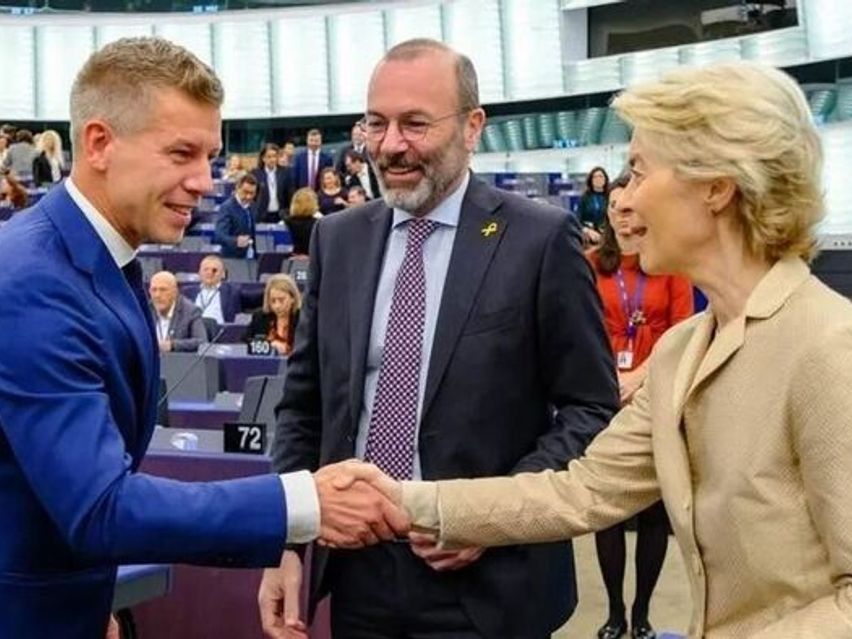
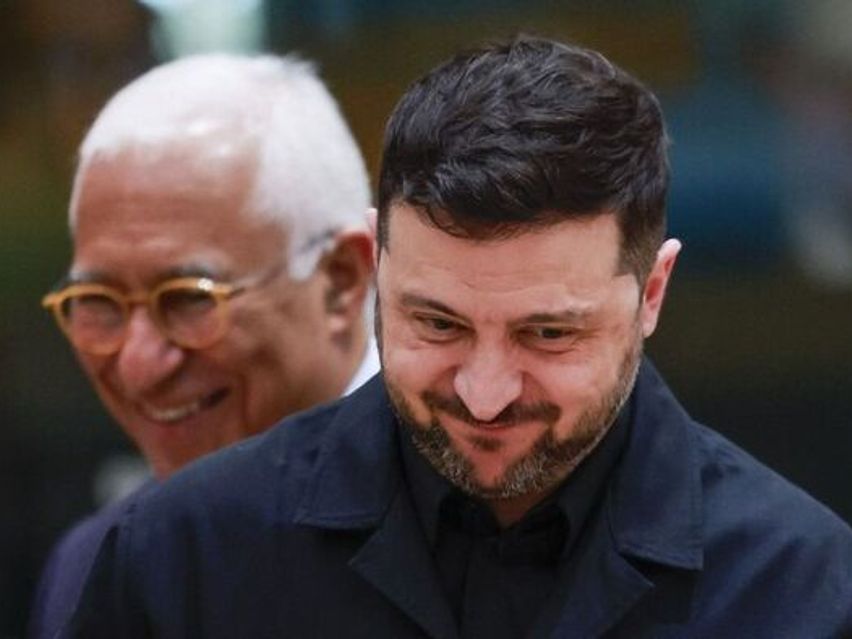





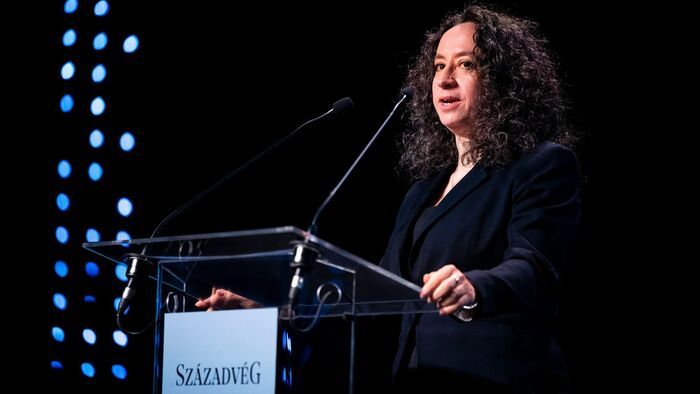
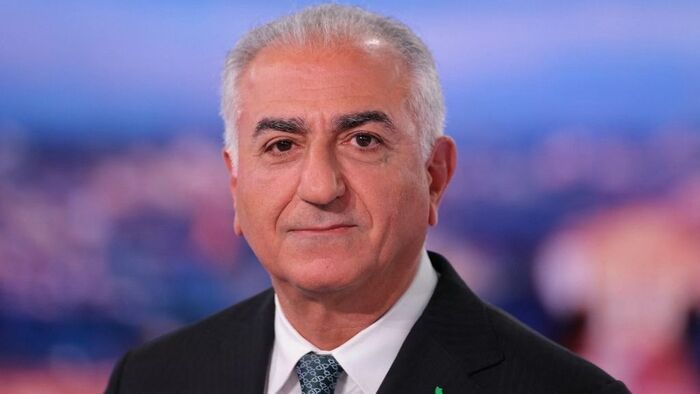

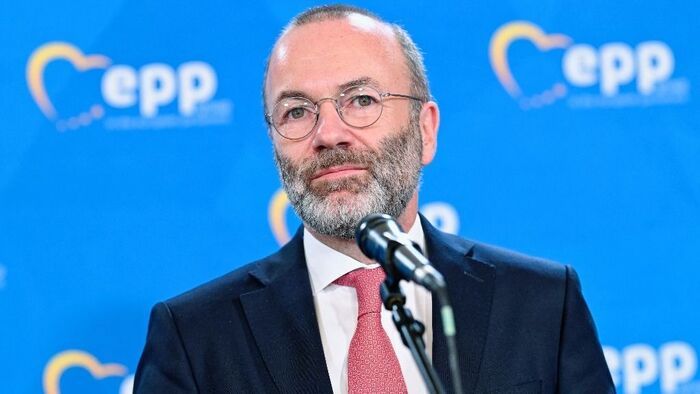



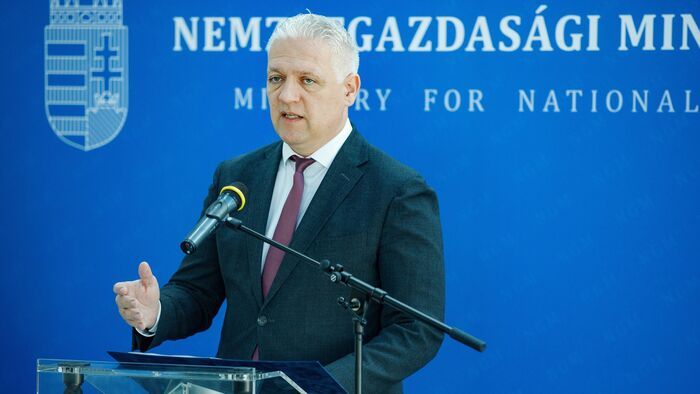

Szóljon hozzá!
Jelenleg csak a hozzászólások egy kis részét látja. Hozzászóláshoz és a további kommentek megtekintéséhez lépjen be, vagy regisztráljon!